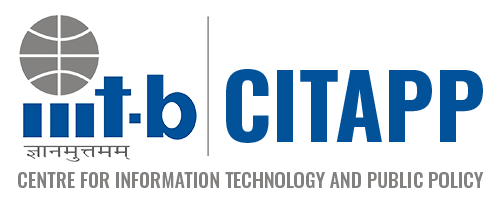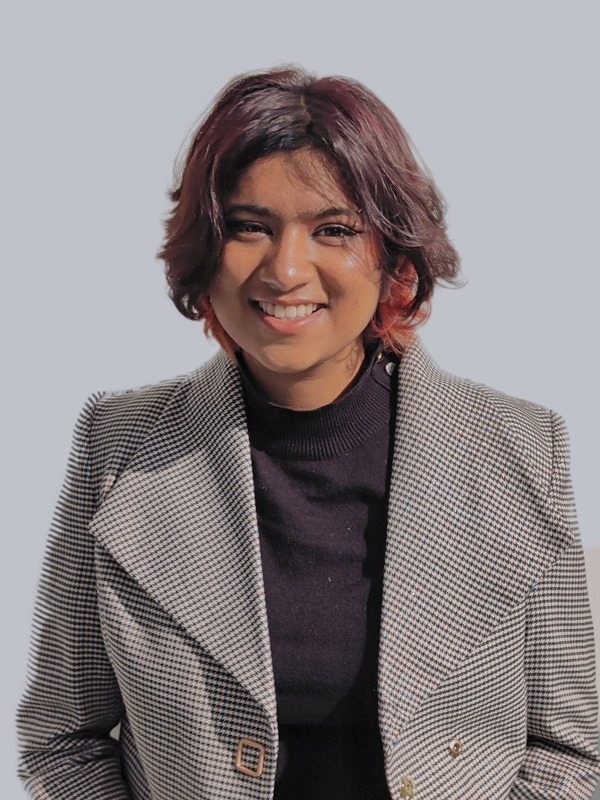Course: MSc (Digital Society)
Year of Joining: 2020
Year of Completion: 2022
Email ID: shivangi.garg@iiitb.ac.in
Advisor: Preeti Mudliar
Research Interest: Human-Computer Interaction, Queering Digital Technologies
Education / Work Experience:
- Mumkin Changemaker Fellowship 2022;
- Lead User Experience Researcher and Designer for IIM Nagpur startup Fostreads
- Research Intern at CDAC (May 2021-August 2021)
Thesis Title: Coming out, queer presentations and community: Dating app uses of urban young Indian queers
Thesis Abstract: Even with the decriminalization of Section 377 in India in 2018, queer acceptance, representation, and inclusion has a long way to go. In this context, we examine how dating apps that largely cater to a majoritarian cis-het population are being used by queers in India to express their romantic and sexual selves. In this study, we interviewed 20 young urban queers in India to understand their use of various dating applications. As part of our findings, we find that queers leverage the socio-technical affordances of dating apps as a way to partially come out of the closet and experiment with their sexual and gender identities because they experience denial, stigma, and hostilities in the offline spaces that they inhabit. We show how young queers signal their queerness and engage in self-presentation when dating online while being closeted offline. We discuss how queer interactions on dating applications are motivated foremostly to find a ‘queer community’ that they can be a part of with motivations around sex and romance often taking a backseat. This thesis argues that even though queers leverage dating applications to come out, they often end up building themselves a ‘digital closet’ in the fear of being outed as a non-normative identity in hetero-normative spaces.

